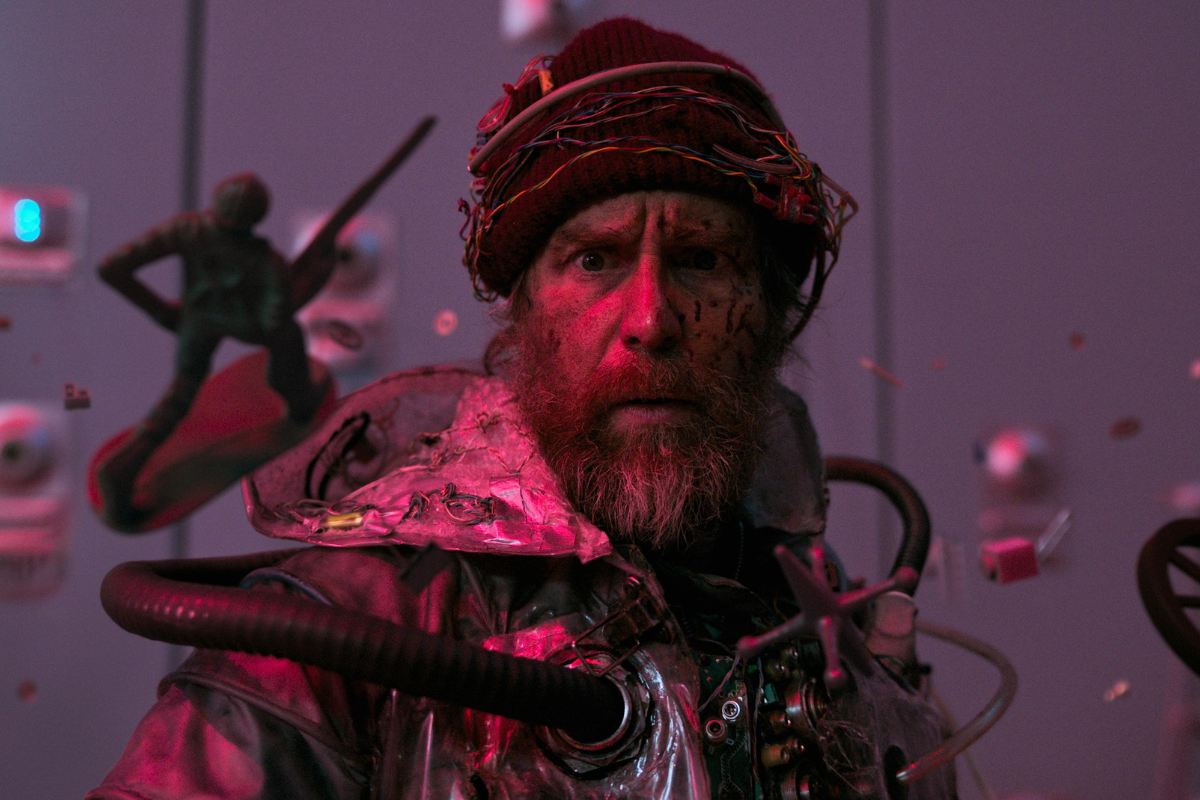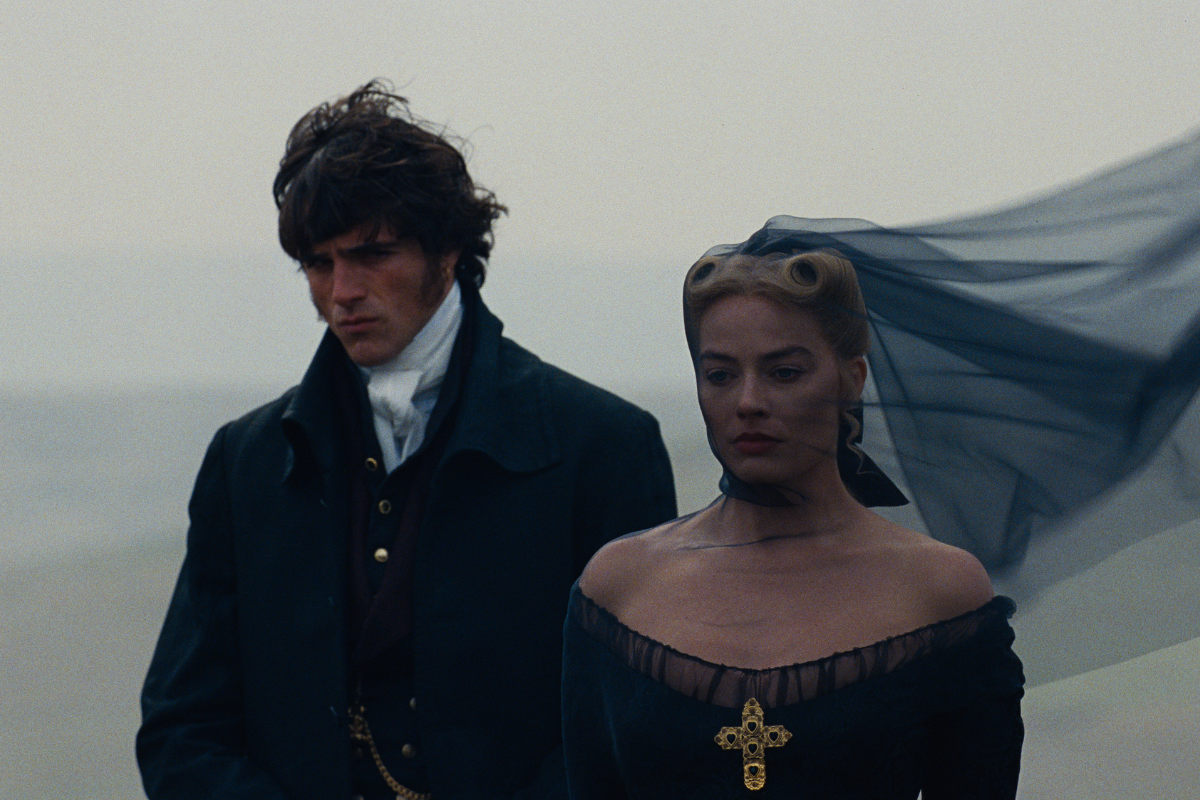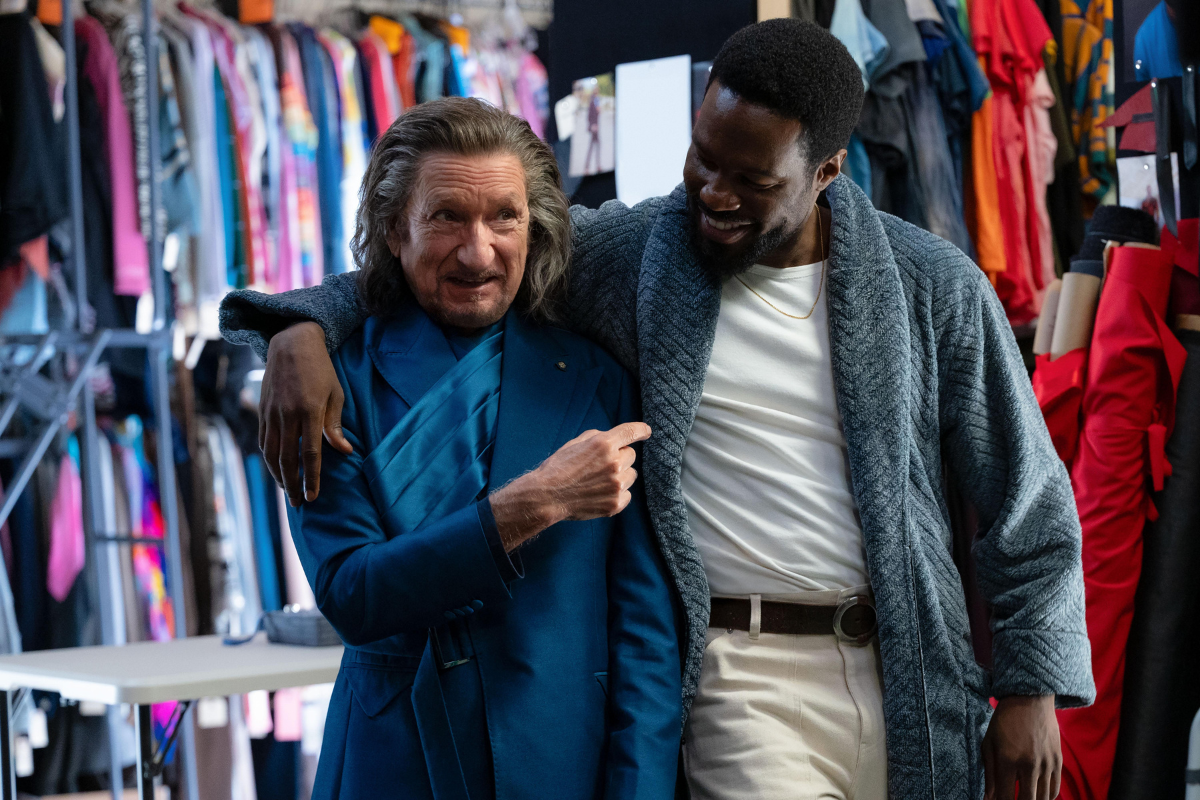DVD Review: Number 10
Was Hugh Grant’s young, single Prime Minister your favorite character in Love Actually? If you’ve ever been curious about a British Prime Minister’s sex life, the late BBC writer Terence Feely has seven different answers for you.
Was Hugh Grant's young, single Prime Minister your favorite character in Love Actually? If you've ever been curious about a British Prime Minister's sex life, the late BBC writer Terence Feely has seven different answers for you. From 1983, Number 10 is not so much a television series as an anthology of seven distinct one-hour films, each starring a different cast in a different time period yet with the action transpiring in the same location: 10 Downing Street in London. For hundreds of years, this same building has served as home to the British Prime Minister.
While the décor may change every episode based on the occupant, the rooms remain the same, imbuing the series with a sense of aesthetic continuity.However, the common setting is not the only thing that unifies these seven stories. Politics are politics, but the truly interesting characterization is what happens when these men of power are simply being … men. For Feely, “private life” equates to “sex life.” In the first three installments, one Prime Minister is a chilled widower, another a whoremonger, and another a self-described “Pagan” utterly devoted both to his wife and to his mistress. Not many of us can relate to navigating the arduous intricacies of foreign diplomacy or quelling a national Red Scare, but we can all relate to that most basic of human appetites.
From a craft standpoint, the level of depth of detail to which Feely invests each main character, episode after episode, is nothing short of remarkable. Just as every episode features its “main man,” the Prime Minister, every episode also features a leading lady (if not two) who Feely goes about rendering with just as much attention to emotional multidimensionality. Indeed, Feely suggests every great man in history has had a great woman at his side -- either holding his hand, looking the other way, or both. In the "A Woman of Style" episode, the Prime Minister’s wife, Margaret, catches the Prime Minister’s private secretary, Frances, changing out the paintings in the home office. Of course, the polite conversation that follows, all tight smiles and clenched teeth, is not really about who best knows the Prime Minister’s taste in art. Each spoken line the women exchange positively stings and sizzles with subtext.
Feely’s masterful implementation of subtext shines through in every episode. In the act of characterizing oftentimes what a character does not say holds greater value than what a character does say. A healthy dose of ambiguity serves to engender and maintain the viewer’s emotional engagement in the unfolding story. By the time the climax arrives, catharsis is all the more bitter, and sweet. In “Old Glad Eyes,” the question of whether septuagenarian Prime Minister Gladstone is a zealous Christian devoted in his free time to spiritually reforming “fallen women” or a sex-addicted charlatan and hypocrite provides the episode an immensely powerful engine, driving the audience fearfully forward to revelation.
Although the DVD transfer from the original 1983 tapes is decidedly unfortunate, marred persistently in audio and in picture, the opportunity to witness some magnificent acting and classic storytelling in Number 10 makes this BBC relic a precious antique nevertheless.
Robert Piluso is a Professor of English at Mt. San Antonio College, film critic (The Essential Sopranos Reader), screenwriter (CS Expo 2011 Winner-Best Comedy Script, Strum & Wail; Austin Film Festival 2012 Feature Comedy Second Round), poet (Dash, The Chaffey Review). He earned his Master of Arts in English from CSU Fullerton and his Master of Fine Arts in Writing for Screen and Television from the University of Southern California. He is the author of the illustrated novel Redemptor Future Shaman. He lives in Southern California with his daughter.







